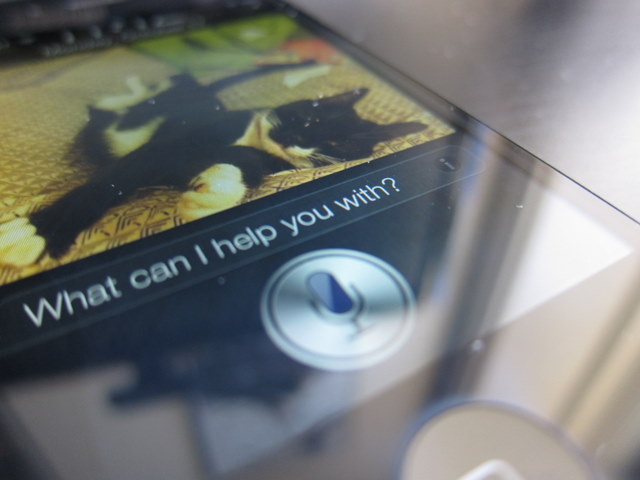The iPhone may be becoming more popular among business users. But Siri? She’s not so welcome.
[aditude-amp id="flyingcarpet" targeting='{"env":"staging","page_type":"article","post_id":459564,"post_type":"story","post_chan":"none","tags":null,"ai":false,"category":"none","all_categories":"business,mobile,","session":"A"}']IBM has turned off Apple’s voice assistant service on employee phones over concerns that queries could be stored on servers, IBM CTO Jeanette Horan told Technology Review.
That concern, of course, is entirely justified, as storing queries is built into the very structure of Siri: It’s how the software creates better answers.
AI Weekly
The must-read newsletter for AI and Big Data industry written by Khari Johnson, Kyle Wiggers, and Seth Colaner.
Included with VentureBeat Insider and VentureBeat VIP memberships.
But Siri is just one part of the problem. Like most companies, IBM has in recent years allowed employees to bring their own devices to work instead of forcing them to use ones IBM specifies. This has created a veritable Pandora’s Box of new responsibilities: A greater variety of devices inevitably means more work for an organization’s IT department.
IBM, which has 400,000 employees, only dishes out company devices to 40,000 of them, leaving the 80,000 of them floating around with who knows what running on their phones.
That’s chaos for an IT department. Alongside Siri, IBM has blocked employees from using services like Dropbox and iCloud, both of which the company believes could leave sensitive data unwittingly exposed.
Photo: Devindra Hardawar/VentureBeat
VentureBeat's mission is to be a digital town square for technical decision-makers to gain knowledge about transformative enterprise technology and transact. Learn More

